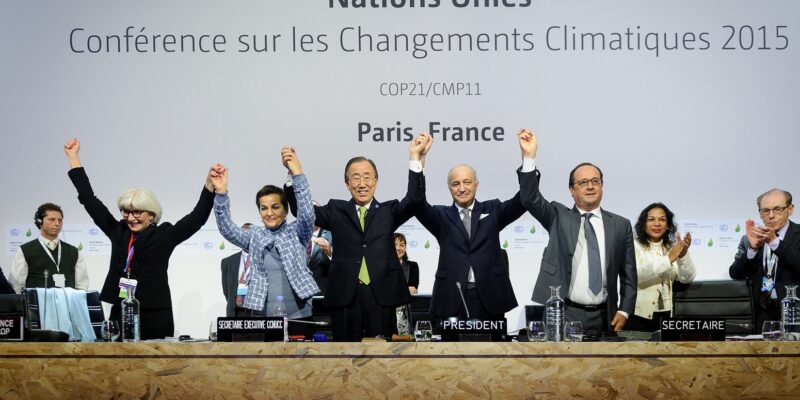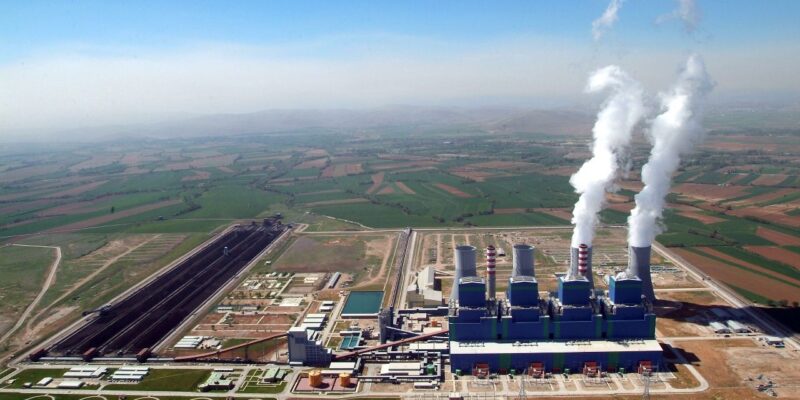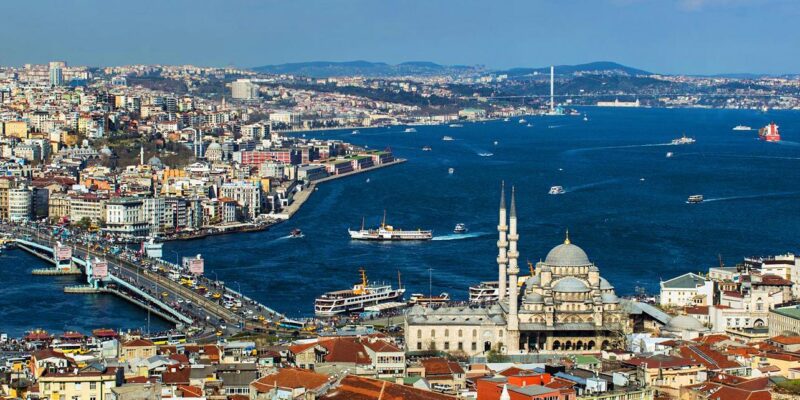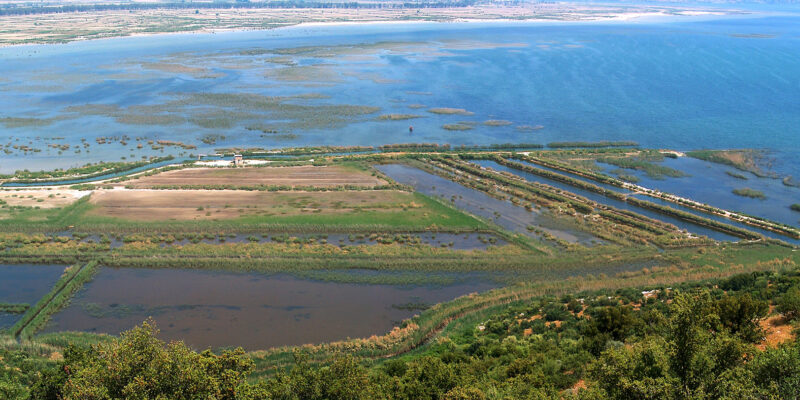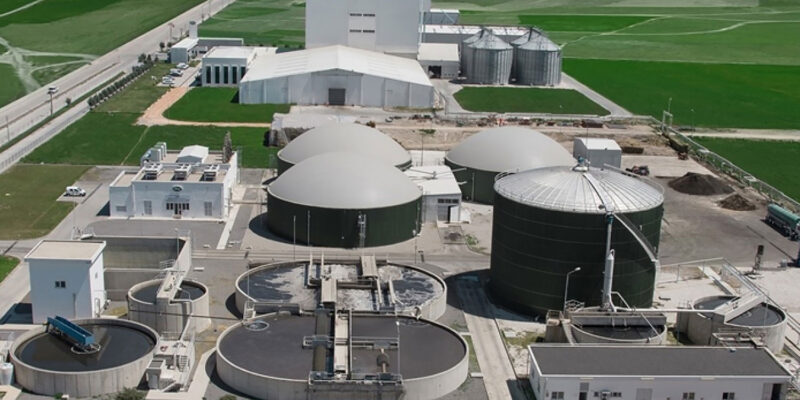The “Water Sustainability of the Turkish Dairy Industry: Efficiency, Risks and Vulnerabilities” project was carried out by the Association of Packaged Milk and Dairy Products Manufacturers (ASÜD) with the support of the Turkey – EU Civil Society Dialogue call for the fifth term. In the project where ASÜD is the coordinator beneficiary; International Business Leaders Forum (IBLF) from England, Water Footprint Network (WFN) from Netherlands and Climate Research Association (IAD)-GTE from Turkey took place as co-beneficiaries.
The aim of the project is to assess the water risk and examine the possible effects of water risk on the value chain, thereby reducing the vulnerability of the Turkish dairy sector regarding water-related risks. Within the scope of the project, field visits were carried out at the farm and enterprise level, and the water dependency in the entire value chain of the current water use in the Turkish dairy industry (feed, dairy animal raising, milk and dairy products production and delivery to the consumer) and the impact of the dairy sector on water resources were evaluated.


